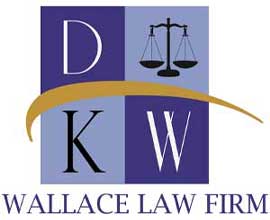Divorce disrupts the family, but for the small business owners, it also interrupts business operations. Couples facing divorce not only deal with custody or support issues but there are concerns with the division of assets.
A small business is usually the primary source of income for a couple, and the startup costs are often contributions made by both parties. The division of property during a divorce becomes more complicated when factoring in small business ownership.
Financial divisions
The marital property takes into account all the income or assets acquired by either party during the course of a marriage. A business and its corresponding elements require placement into the category of separate property or marital property to determine equitable distribution. Because of the complications associated with spousal rights and the accrual of benefits from business ownership prior or during the marriage, couples often seek legal counsel to receive their fair share of the investment.
Employment decisions
If both parties worked in the business or are equal stakeholders, things around the office might become stressful or even disruptive. When asset division occurs, it may impact the status of one party, potentially removing the individual from a senior position of leadership within the company. Whatever the situation, small business owners going through a divorce could negatively impact business operations.
Avoiding a complicated situation with small business ownership requires acting in advance through a prenup or postnup or by taking other precautionary measures. If both parties work out an agreement through lawyers or mediation, it spares many people from difficult and uncomfortable situations.


